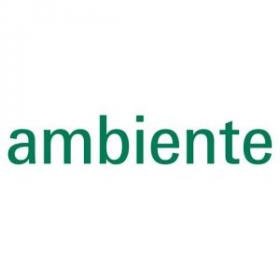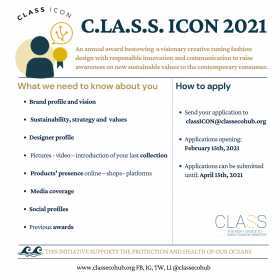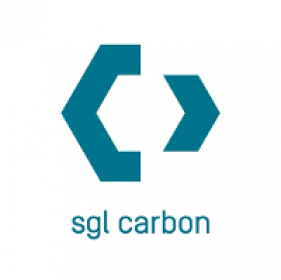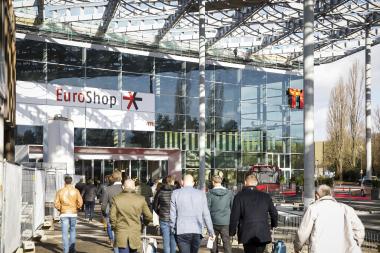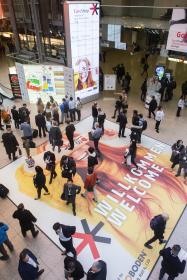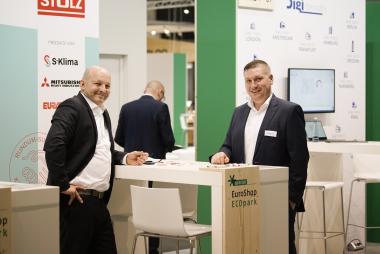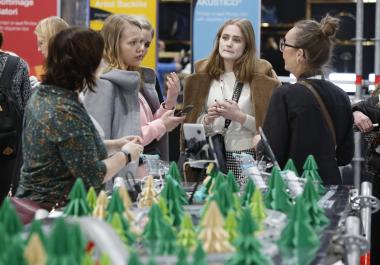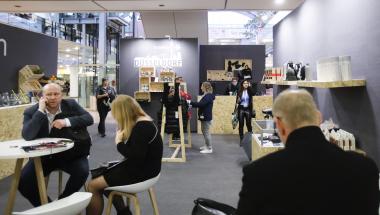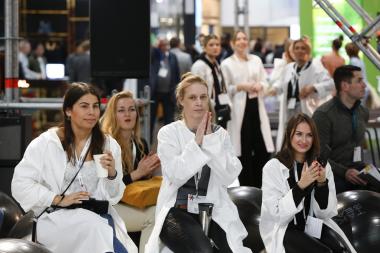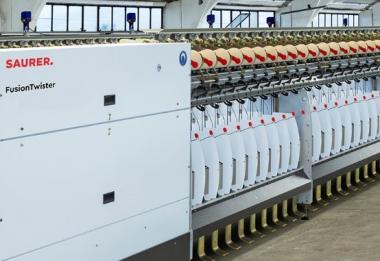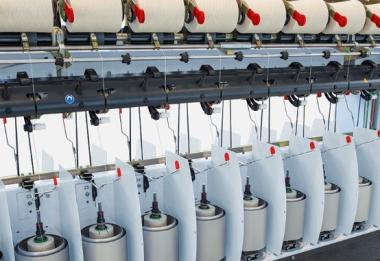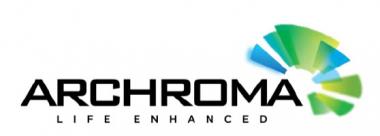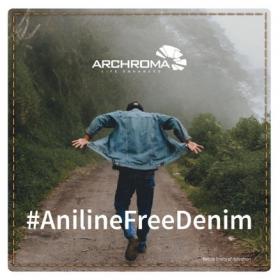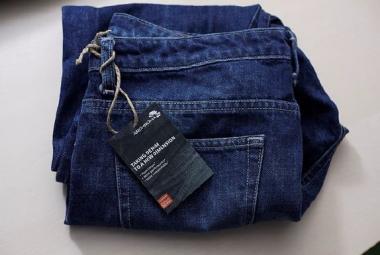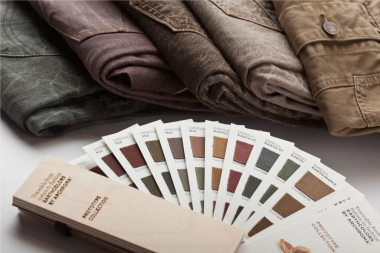Happy Birthday 2024
Happy New Year 2024! Here's to a year full of innovation and success in the textile and apparel industry.
The Textination team sincerely wishes you a great start: may 2024 be full of health, joy and energy for you.
There are undoubtedly 365 days of exciting encounters, developments, innovations and new trends ahead in our shared world of the textile and apparel industry. We would like to join you on this journey and document the many facets of our industry.
We are convinced that the new year will be just as fascinating and inspiring for our users as the best textile products and designs that our industry has to offer. We look forward to accompanying you through the coming 12 months with the latest news, in-depth analyses and exclusive insights.
Thank you for your continued support and interest in Textination.
Together we will tell textile tomorrow!
Ines Chucholowius
- Managing Director -
Textination


















